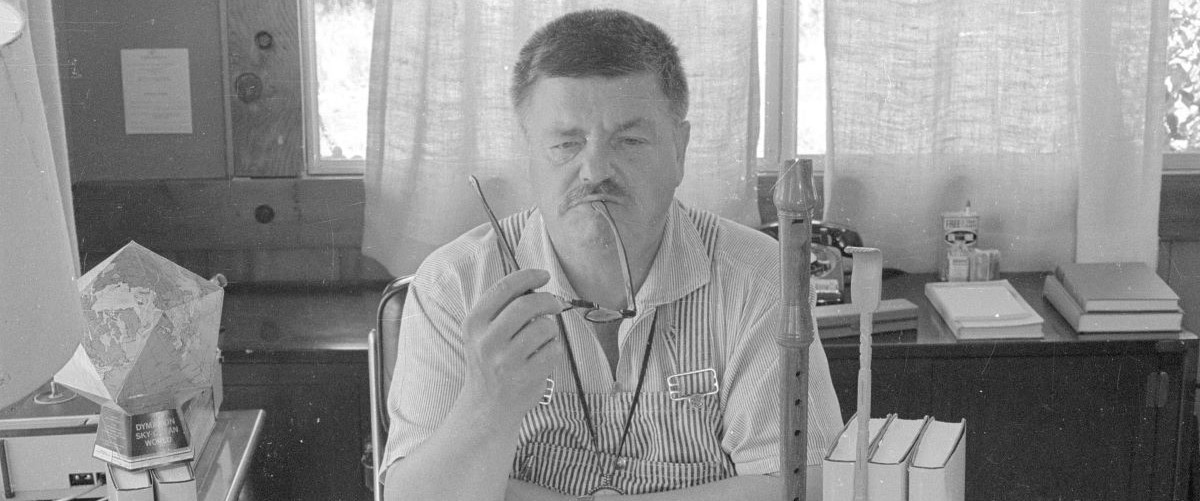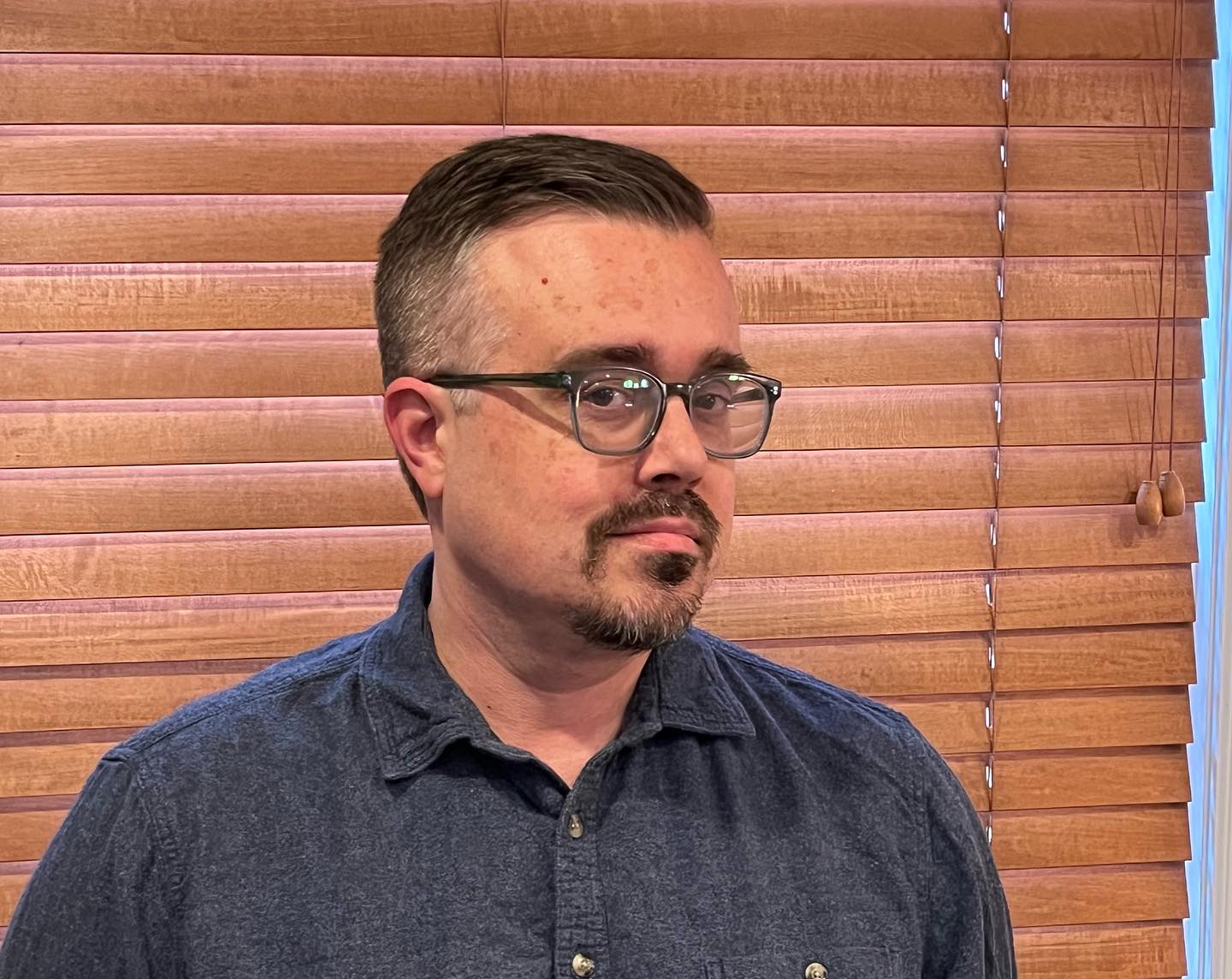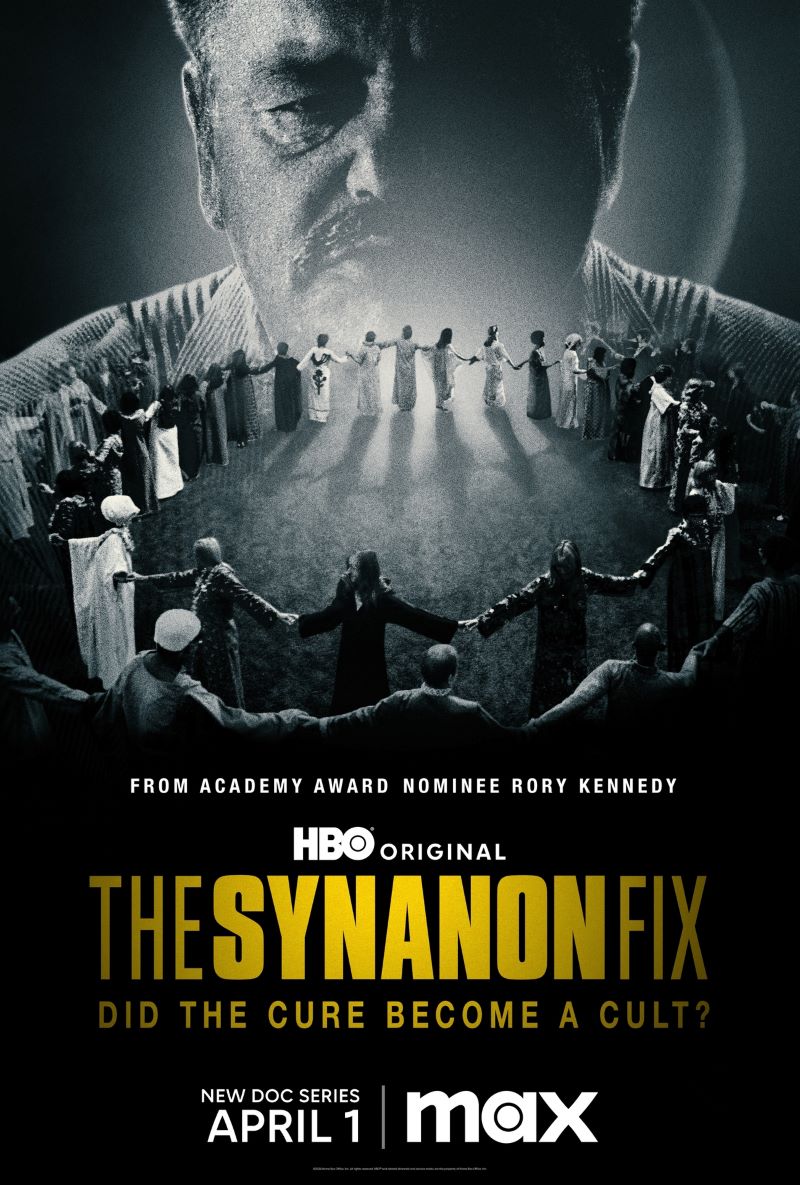Rory Kennedy is a phenomenal interviewer. We’ve seen this before in her other projects like the Oscar-nominated “Last Days in Vietnam,” and it’s the main strength of her new project, HBO’s 4-part “The Synanon Fix.” Her skill set in making people feel comfortable allows former members of the self-help group that turned into a cult to speak so candidly about their time in the organization, to the point that some admit things on-camera that they surely never have before. These men and women are remarkably open about not just what Synanon meant to their recovery but how the group descended into darkness under the increasing madness of its leader, Chuck Dederich. As is so often the case nowadays, “The Synanon Fix” isn’t the right length—it would have made an excellent feature documentary—as the first couple episodes take too long to get to the downfall era of Synanon, but there’s something powerful about the sheer bulk of the hard-to-believe stories of a group that felt problematic from the beginning.
Many of the survivors of Synanon would disagree with that last sentence. It’s startling to hear how many of the people involved in this organization still speak about its origins positively, noting that they wouldn’t be here without it. And yet watching “The Synanon Fix,” one can see the rot at the core of this approach to sobriety from the very beginning. Founded in 1957 by Dederich, Synanon was a drug rehab program in Santa Monica that was built around tearing people down. They gained notoriety for something called the “game,” a form of attack therapy wherein people essentially criticize, ridicule, and insult someone, forcing them into sobriety through shame more than anything else. Does it work? There are people alive today who insist that it does. But it inherently creates a deeply flawed power dynamic in that someone has to be in charge of the “game.” It is incredibly easy to draw the line from Dederich overseeing attack therapy to the way he would increase his attempts to control Synanon members over the decades to come.
“The Synanon Fix” really captures how programs like this rely on brainwashing. By the end, Synanon was abusing children, forcing members to swap partners, and even allegedly attempting murder by rattlesnake. Between those early days of letting junkies clean up on a dirty couch and the downfall, Kennedy details the increasingly disturbing decisions by the power structure of Synanon, particularly Dederich. So much of what is captured here is a story of how controlling behavior feeds on itself. Every time Dederich got his followers to do one thing, he had to top it the next time, until he was breaking one of the core rules about violence, broadcasting his members’ personal trauma, and shaving the heads of the females in Synanon. When Kennedy gets to interviewing the children of a neighbor who was well-known for being a sort of Underground Railroad for young people fleeing the abusive compound next door, it’s clear that the group has long ago left behind its higher moral purpose.
And yet what’s so interesting about the final hour is how little judgment the survivors place on Synanon. As a standalone hour, it’s one of the most fascinating documents in a long time regarding how cults form and persist. We all like to believe that we wouldn’t fall for a cult leader like Dederich but listen to these people who have seen so much awful behavior speak about community, survival, and supporting one another. Cults form because people ignore the bad and focus only on the good that they’re getting from that organization. When a gentleman speaks of being forced into a vasectomy in his twenties during a time when Dederich thought their group should be childless—women were forced into abortions too—there’s almost no anger in his voice. One would expect these people to be furious at being manipulated, but they seem to still consider all of the bad stuff that happened as mere cost for the clean community that saved their lives.
All of this could have been accomplished, and arguably more powerfully, in a feature film. The set-up takes too long—the first hour is particularly slow—and there could have been even more blunt power with better pace to the horror show of Synanon. There’s still enough here to warrant a look, largely because of how much Kennedy gets her subjects to open up in ways that feel almost unfathomable, speaking openly about trauma in a manner that reflects how a group like Synanon happens in the first place. We like to think that something like Synanon couldn’t happen today in a world more aware of cult behavior. Watching “The Synanon Fix” reminded me that human behavior can be manipulated in the name of rehabilitation or self-help. That’s how cults happen. Leaders can do anything if they convince their members it’s related to their best interest.
Whole series screened for review. Premieres on HBO on April 1st.




















